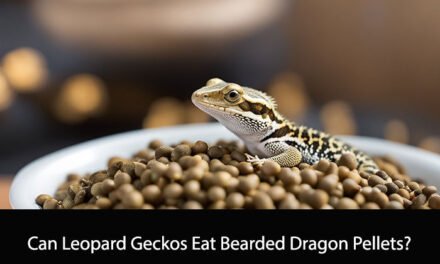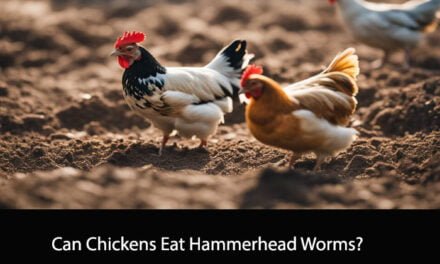Leopard geckos are one of the most popular pet reptiles in the world. They are relatively easy to care for and have a docile nature, making them great pets for beginners and experienced reptile owners alike. One of the most common questions that leopard gecko owners have is whether or not their pets can eat grasshoppers.
The answer is yes, leopard geckos can eat grasshoppers. In fact, grasshoppers are a great source of protein for these reptiles. However, it is important to ensure that the grasshoppers are properly prepared before feeding them to your leopard gecko.
When feeding grasshoppers to your leopard gecko, it is important to make sure that they are gut-loaded. This means that the grasshoppers have been fed a nutritious diet before being fed to your pet. Additionally, it is important to ensure that the grasshoppers are the appropriate size for your leopard gecko. Feeding your pet a diet that is too large or too small can result in health problems.
Dietary Overview of Leopard Geckos

Leopard geckos are insectivorous, which means they primarily feed on insects. In the wild, they eat a variety of insects, including crickets, mealworms, and grasshoppers. In captivity, it’s important to provide them with a balanced diet to ensure their nutritional needs are met.
Nutritional Needs
Leopard geckos require a diet high in protein, calcium, and other essential vitamins and minerals. They also need a balanced ratio of calcium and phosphorus to maintain healthy bones and prevent metabolic bone disease.
When feeding your leopard gecko, it’s important to provide a variety of insects to ensure they receive a balanced diet. You can also supplement their diet with calcium and vitamin D3 to ensure they are getting enough of these essential nutrients.
Natural Prey
In the wild, leopard geckos primarily feed on insects such as crickets, mealworms, and grasshoppers. Grasshoppers are a good source of protein and other essential nutrients for leopard geckos.
When feeding your leopard gecko grasshoppers, it’s important to ensure they are properly gut-loaded. This means feeding the grasshoppers a nutritious diet before feeding them to your leopard gecko. You can also dust the grasshoppers with calcium and vitamin D3 powder to ensure your leopard gecko is getting enough of these essential nutrients.
Overall, grasshoppers can be a nutritious and tasty addition to your leopard gecko’s diet when fed in moderation and as part of a balanced diet.
Benefits of Grasshoppers in a Leopard Gecko’s Diet
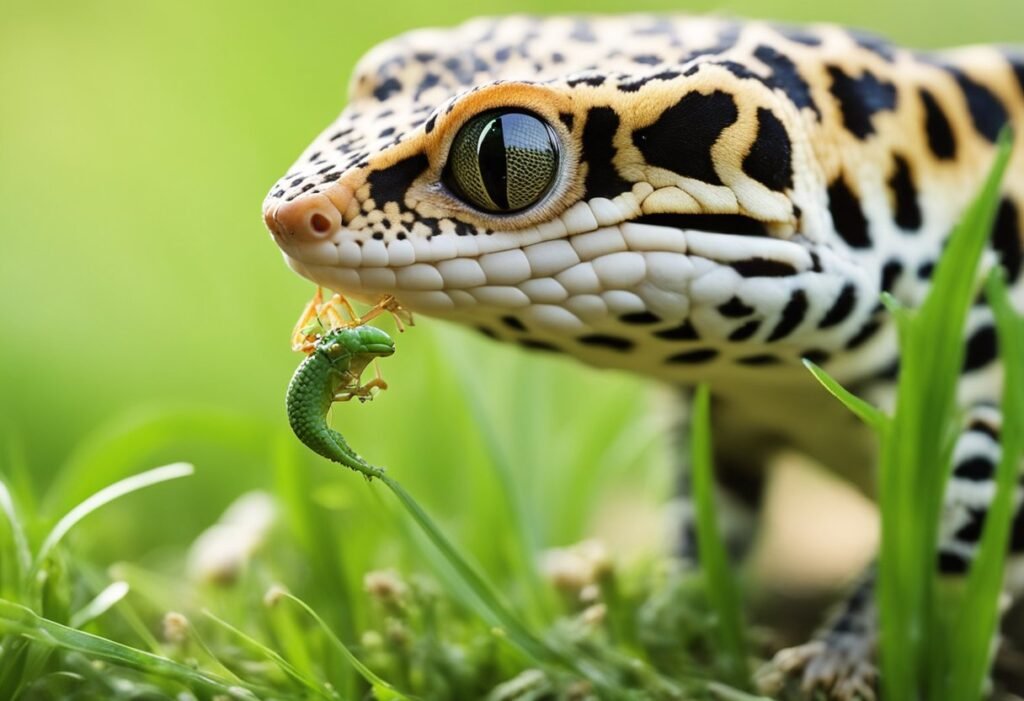
Grasshoppers are a great source of nutrition for leopard geckos and should be included in their diet. Here are some benefits of feeding grasshoppers to your leopard gecko:
- High in protein: Grasshoppers are rich in protein, which is essential for the growth and development of leopard geckos. Protein helps to build and repair tissues, and also aids in the production of enzymes and hormones.
- Variety of nutrients: Grasshoppers also contain a variety of other nutrients that are important for leopard geckos, including calcium, phosphorus, and vitamin B12. These nutrients help to maintain healthy bones, muscles, and nerves.
- Natural prey: In the wild, leopard geckos would naturally feed on insects like grasshoppers. Feeding your leopard gecko a diet that mimics their natural diet is important for their overall health and wellbeing.
When feeding grasshoppers to your leopard gecko, it is important to ensure that they are gut-loaded with nutritious food before being offered to your gecko. This means feeding the grasshoppers a nutritious diet for at least 24 hours before feeding them to your leopard gecko.
In addition, it is important to only feed appropriately sized grasshoppers to your leopard gecko. Feeding them insects that are too large can lead to choking or digestive issues. As with any new food, it is important to introduce grasshoppers slowly and monitor your leopard gecko for any adverse reactions.
Feeding Grasshoppers to Leopard Geckos

When it comes to feeding leopard geckos, grasshoppers are a great source of protein and other essential nutrients. However, it is important to ensure that the grasshoppers are sourced and prepared correctly to avoid any potential health issues for your gecko.
Sourcing Grasshoppers
It is important to source grasshoppers from a reputable supplier to ensure that they are safe for your leopard gecko to consume. Avoid catching grasshoppers in the wild as they may have been exposed to pesticides or other harmful substances.
You can purchase live or frozen grasshoppers from pet stores or online suppliers. When purchasing live grasshoppers, ensure that they are healthy and active and that they have not been exposed to any harmful substances.
Preparing Grasshoppers for Feeding
Before feeding grasshoppers to your leopard gecko, it is important to prepare them correctly. Live grasshoppers should be gut-loaded, which means feeding them nutrient-rich foods such as leafy greens or commercial gut-loading diets, for at least 24 hours before feeding them to your gecko. This ensures that your gecko receives the maximum nutritional benefit from the grasshoppers.
Frozen grasshoppers should be thawed before feeding them to your leopard gecko. You can thaw them by leaving them in the refrigerator overnight or by placing them in a sealed plastic bag and submerging them in warm water for a few minutes.
It is important to ensure that the grasshoppers are an appropriate size for your leopard gecko. Avoid feeding them grasshoppers that are too large, as this can cause digestive issues. As a general rule, the grasshopper should be no larger than the width of your gecko’s head.
In conclusion, grasshoppers can be a great addition to your leopard gecko’s diet, but it is important to ensure that they are sourced and prepared correctly. By following these guidelines, you can provide your gecko with a nutritious and safe meal.
Risks and Considerations
Potential Hazards
When feeding leopard geckos grasshoppers, there are some potential hazards that we need to consider. First and foremost, grasshoppers can carry parasites or diseases that can be harmful to our geckos. It is important to make sure that the grasshoppers we feed our geckos are from a reliable source and are healthy.
Another potential hazard is the size of the grasshopper. If the grasshopper is too large, it can cause choking or impaction in our geckos. It is important to choose an appropriate size of grasshopper based on the size of our gecko.
Allergies and Sensitivities
Some leopard geckos may have allergies or sensitivities to grasshoppers or other insects. It is important to monitor our geckos closely after feeding them grasshoppers for any signs of allergic reactions or sensitivities. These signs may include lethargy, loss of appetite, or changes in behavior.
In addition, some geckos may have difficulty digesting grasshoppers or other insects. It is important to observe our geckos after feeding them and make sure they are able to digest the food properly. If there are any signs of difficulty, it may be necessary to adjust their diet or seek veterinary care.
Overall, while grasshoppers can be a nutritious and tasty treat for leopard geckos, it is important to consider the potential risks and take appropriate precautions to ensure the health and safety of our geckos.
Feeding Frequency and Quantity
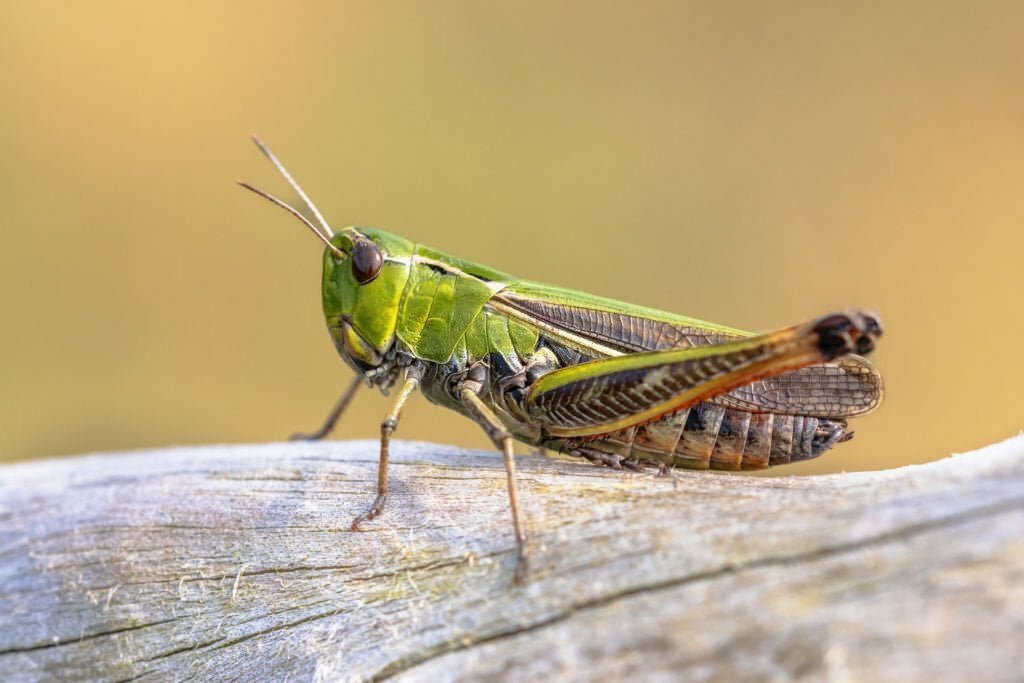
When it comes to feeding leopard geckos, it is important to consider both the frequency and quantity of their meals. Leopard geckos are known to be voracious eaters, but overfeeding can lead to health issues such as obesity and digestive problems.
In general, adult leopard geckos should be fed 2-3 appropriately sized insects every 2-3 days. It is important to monitor their weight and adjust their feeding schedule accordingly. Juvenile leopard geckos, on the other hand, should be fed daily to support their growth and development.
When feeding grasshoppers to leopard geckos, it is important to ensure that the grasshoppers are appropriately sized for the gecko. A good rule of thumb is to feed insects that are no larger than the width of the gecko’s head. Overly large insects can be difficult for the gecko to digest and may cause health issues.
In addition to considering the quantity and size of the insects, it is also important to provide a varied diet for leopard geckos. While grasshoppers can be a nutritious addition to their diet, it is important to offer a variety of insects such as crickets, mealworms, and waxworms to ensure they receive a balanced diet.
Overall, feeding leopard geckos a balanced diet in appropriate quantities and frequencies is essential for their health and well-being.
Alternatives to Grasshoppers
Commercial Feeder Insects
While grasshoppers are a great source of nutrition for leopard geckos, there are many other feeder insects that can be used to supplement their diet. One popular option is commercially available feeder insects such as crickets, mealworms, and superworms. These insects are readily available at pet stores and online retailers and can provide a variety of nutrients for your leopard gecko.
Crickets are a popular choice because they are high in protein and easy to find. They are also relatively inexpensive and can be purchased in bulk. Mealworms are another option that are easy to find and are a good source of protein and fat. Superworms are a larger option that can be used for adult leopard geckos and are high in protein and fat.
Supplementing Diet
In addition to feeder insects, there are other ways to supplement your leopard gecko’s diet. One option is to provide them with fresh fruits and vegetables. Some good options include carrots, sweet potato, and squash. These can be chopped up and offered to your leopard gecko in small amounts.
Another option is to use calcium and vitamin supplements. These can be added to your leopard gecko’s food or sprinkled on top of their feeder insects. Calcium is important for bone health and vitamin supplements can help ensure that your leopard gecko is getting all the necessary nutrients.
Overall, while grasshoppers are a great source of nutrition for leopard geckos, there are many other options available. By incorporating a variety of feeder insects and supplements into your leopard gecko’s diet, you can ensure that they are getting all the necessary nutrients for a healthy and happy life.
Frequently Asked Questions
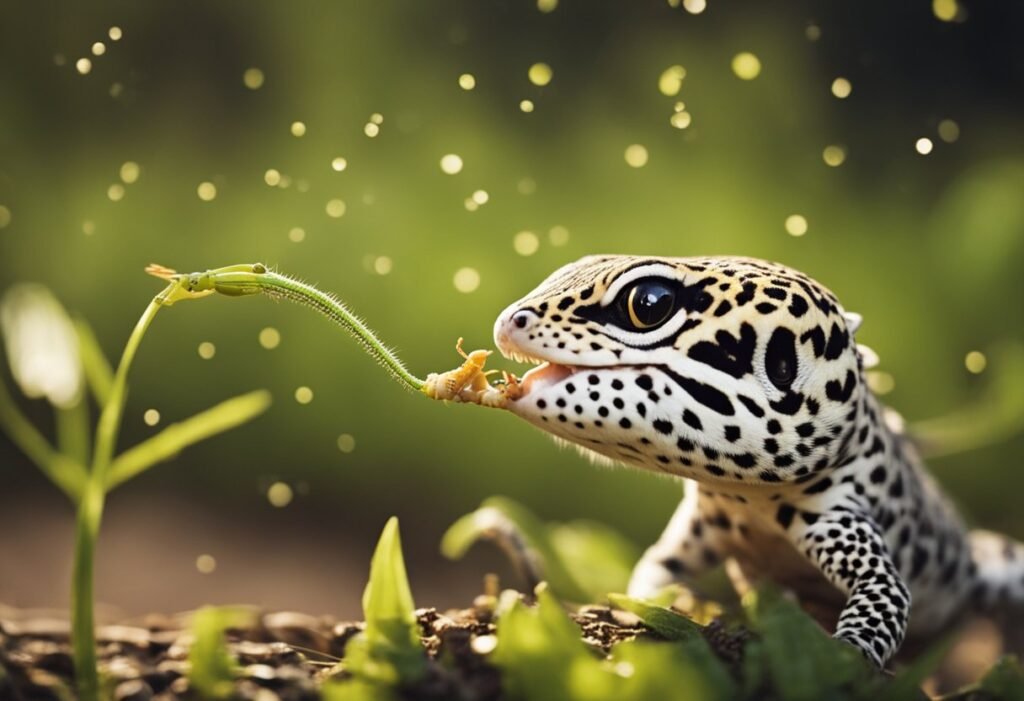
Are grasshoppers safe for leopard geckos to consume?
Yes, grasshoppers are safe for leopard geckos to consume. They are a great source of protein and other essential nutrients that leopard geckos need to stay healthy. However, it is important to ensure that the grasshoppers are appropriately sized for your leopard gecko and that they are not too large to avoid choking hazards.
What are the dietary restrictions for leopard geckos regarding insects?
Leopard geckos are primarily insectivores, and their diet should consist of a variety of insects such as crickets, mealworms, and waxworms. It is important to avoid feeding them insects that are too large for them to consume or that are toxic to them. Additionally, it is recommended to dust their food with calcium and vitamin supplements to ensure they are receiving all the necessary nutrients.
Can leopard geckos include nightcrawlers in their diet?
Nightcrawlers are not recommended as a regular part of a leopard gecko’s diet. While they are safe for leopard geckos to consume, they are not as nutritionally beneficial as other insects and may not provide the necessary nutrients that leopard geckos need.
Is it harmful to leave crickets in the terrarium with a leopard gecko?
Leaving crickets in the terrarium with a leopard gecko can be harmful as they may bite or harass the leopard gecko. Additionally, uneaten crickets can hide and eventually die, leading to potential health hazards for the leopard gecko.
What variety of animals are appropriate as food for leopard geckos?
Leopard geckos should primarily be fed insects such as crickets, mealworms, and waxworms. Other insects such as roaches and superworms can also be included in their diet. It is important to avoid feeding them insects that are too large or toxic to them.
Are katydids a suitable food choice for leopard geckos?
Katydids are not a recommended food choice for leopard geckos as they are not a common part of their diet in the wild. Additionally, they may not provide the necessary nutrients that leopard geckos need to stay healthy.




